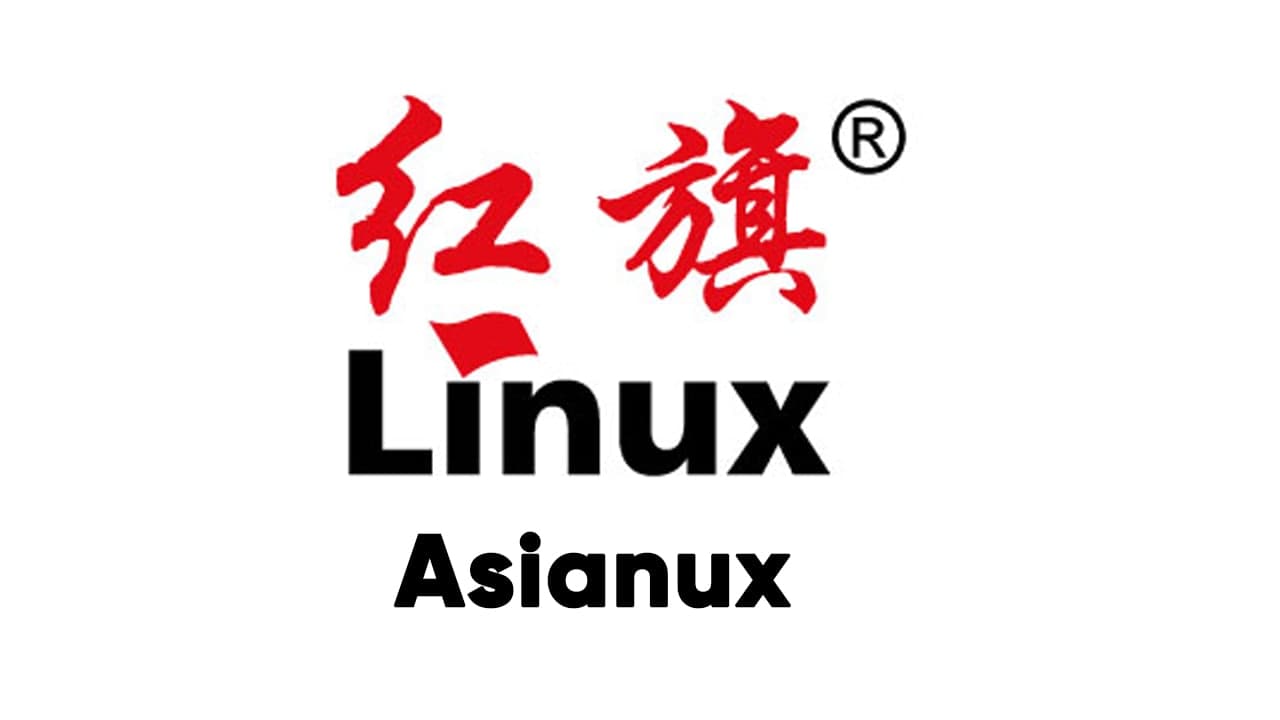The Red Flag Asianux server operating system V8.1 developed by Zhongke Red Flag (Beijing) Information Technology Co., Ltd. was officially open for download.
The Red Flag Asianux server operating system V8.1 released this time is targeted at high-performance server operating systems for small and micro enterprises, developers, and Linux enthusiasts.
Red Flag Asianux Server Operating System (Euler Edition) V8.1 is a commercial release of Red Flag based on Huawei openEuler20.03 LTS SP1 for secondary development. It supports AArch64, X86_64, and other processing.
The processor architecture can completely launch the potential of computing chips and is suitable for database, big data, cloud computing, artificial intelligence, and other application scenarios.
Huawei openEuler is an open-source and free Linux distribution platform. It will make an open, diverse, and inclusive software ecosystem with global developers through an open community.

Release log
- Version information: based on openEuler20.03 LTS SP1, the latest version is V8.1;
- Architecture support: support AArch64, X86_64 architecture;
- Core component version: Kernel 4.19.90, Glibc 2.28, GCC 7.3.0, Systemd 243;
- Standard compliance: in line with POSIX standards;
- Core support capability: The maximum supported memory is 2TB, the maximum file size is 16TB (ext4 file system), the maximum support is 1EB hard disk (ext4 file system), dual-core and multi-core processors are supported, and NUMA architecture is optimized;
- Installation boot: Provide text/graphic installation interface, provide CD, U disk, network boot installation method, support Kickstart automatic installation, support both BIOS and UEFI under x86_64, support UEFI mode under aarch64;
- System tools, provide software package upgrade tools, support dnf/yum package management and upgrade, provide firewall configuration management tools;
- Virtualization support: provide virtualization support for KVM (KVM version and kernel are consistent), provide support for Qemu 4.0.0 and Libvirt 5.5.0, provide virtualization management tools to achieve virtual device creation, configuration, and management in a stand-alone environment ;
- Container support: Provide support for Docker 18.09 and support for the lightweight container engine iSulad 0.1.0;
- Development tools: support GCC includes C, C++, Objective C, Fortran, support Java, Go corresponding support library, support Python2/Python3, Perl, Shell and other scripting languages;
- IO performance optimization: optimize the IOVA page table lookup and page table release algorithm to improve the performance of the IO MMU subsystem;
- Support multi-version JDK version, support Java 11.
- Software source: provide red flag repo source, support openEuler official source;
- Enhanced kernel features support for Huawei 1822 HBA card driver, support for NVDIMM to improve the performance of business scenarios such as big data, support for Feiteng CPU FT2000+/64 general computing, support for iscsi work threads to bind cores.
- According to Numa affinity, improve IO performance, file cache per CPU free Lock optimization, reduce atomic overhead, improve the performance of concurrent access to files, and improve the performance of Nginx scenarios;
- Virtualization feature enhancement: ARM virtualization supports CPU/memory hot plugging, improves resource configuration flexibility, enables KVM CPU and can be configured as custom mode (ARM), realizes custom configuration of CPU feature of the virtual device, operation.
- And maintenance tool VMTOP, Supports rapid collection of performance indicators such as virtual device trapping, virtualization supports safe startup and improves virtual device security.
(Via)










